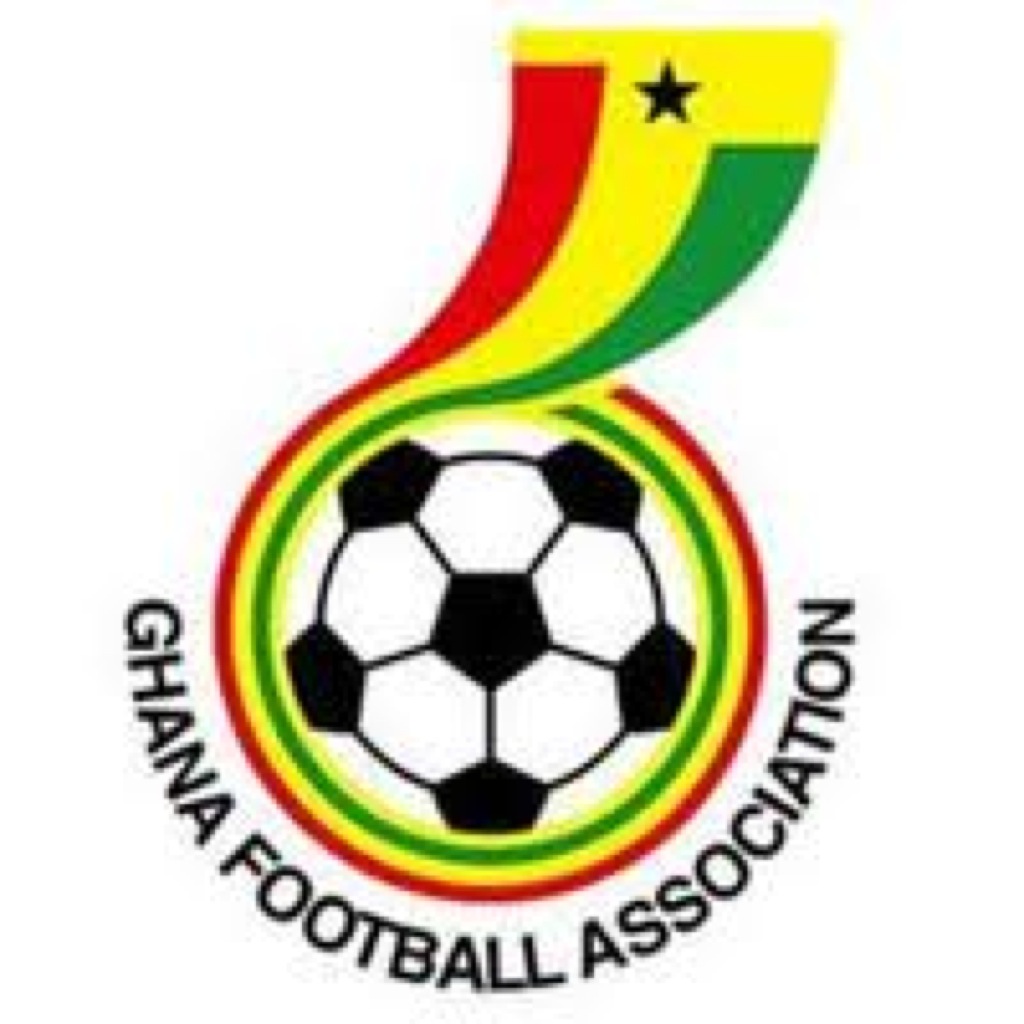

GHANA FOOTBALL ASSOCIATION
THE JOURNEY THUS FAR
In the early 15th century(1471), Gold Coast witnessed the birth of football through some European sailors who frequently docked at the Cape Coast port for the purpose of merchandising with the indigenous people of the then Gold Coast.
The sailors settled in the Coast in 1664 and the Governor at the time played the game with these passion driven sailors and other European civil servants as Cape Coast became the seat of the governor under the colonial rule of the British. The game was played amongst the westerners but eventually spread to the local people in 1903.
The electric power of football electrocuted students and the town folks alike. The Government Boys’ School formed a football club comprising twenty-two students and few excited youngsters from the town. The team embarked on a training course in the art of football by the endorsement of the headmaster Mr. Briton who doubled as the team manager. Enthusiasm and Common Sense was their coach. These students trained under the moon in other not to forfeit their studies at the Victoria Park which was used for durbars' and ceremonial parades. The first set of football used by the pioneers of Ghana’s football was a gift from sailors docking at frequent interval.
After three months of intensive training, the band of football adventurers named the team ‘EXCELSIORS’ (from Latin word ‘higher’) went public in a grand outdooring ceremony and a challenge match against the European side. The first official football pitch was created when the Victoria durbar grounds was lined and marked and goal poles fixed. On the same day competitive football was baptized and ushered for its growth. On December, 26th 1903, the first Gold Coast football club lost its opening game by one goal to two (1:2) in presence of Sir Frederick Hodgson, the governor at the time. In a return match a fortnight later, the EXCELSIORS avenged with a handsome 3: 1 victory to signal the undying spirit of the people of Gold Coast. It’s worth noting that the locals played barefooted while their opponents played in boots.
The game spread to other parts of the country stopping at Saltpond and Winneba first before reaching Accra. Invincible FC, an Accra based (James Town) first club formed in 1910. The boys from Usher Fort accepted the challenge and 11 players with Ackom Duncan as the captain formed Accra Hearts Of Oak football club on November 11th, 1911.
Captain C.B Nettey was appointed the first Chairman of the Accra Football Association in the late forties. Accra produced more clubs including EXCELSIORS, NEVER MISS, ROYALISTS, OSU PIONEERS, ASTON VILLA, ASIATICS AND ENERGETICS. Accra Steadfast emerged out of Energetics and later metamorphosed into Accra Great Olympics in 1954.
The game widened to the West and teams like Mosquitoes, Western Wanderers, Jerricho, Railway Apprentices and Ga United sprang up in the 20th century. Fante United was established in 1925 and was later renamed HASAACAS. In the same year and with the help of Mr. Sunner Wilson the District Football Association was established. The football train stopped at Kumasi and teams like EVERTON FC, ROYALS FC, RAINBOW FC, ASHANTI UNITED, NEVER MISS, ARMY, POLICE, and HIGHLANDERS AND CORNERSTONES emerged.
In 1958, the Ghana Amateur Football Association (GAFA) was formed and elections were held at the Legion Hall and Mr. Ohene Djan, the chairman of the Nsawam Football Association became the chairman of GAFA and in 1958 became the Chairman of the Ghana Football Association (1958-1966).
Ohene Djan could not have put it better when he said ‘we were in pre-scientific era with Ghana football just dragging its un-nurtured trunk across the ocean of soccer adventure’. Ohene Djan's reformation overtly prosecuted a plan of action the prioritized the employment of expatriate coaches, training abroad of local one particularly retired footballers into world class coaches, invitation to world class teams to play Ghana on home and away basis and the formation of a standing national team, hiding behind a team named ‘Real Republicans’.
To achieve such objectives, immediate employment was given to Mr. George Ainsely, from the English Football Association. Andrew Sjoberg from Sweden, Jozeff Ember, Valga and Tibor Kemmeny all from Hungary, Rino Martin and Otto Westphal also from Germany followed suit at different times and sent into the regions and schools to train players. It was also at the same time C.K Gyamfi the Black Stars captain was sent to West Germany to train as a coach. Later James Adjei, Chris Briandt and others underwent similar training.
The national male football team “Black Stars” qualified for their maiden world cup in 2006 and qualified again for the subsequent two world cups (2010 and 2014). The Black Satellites, the national under 20 male team won the FIFA world cup in 2009.
